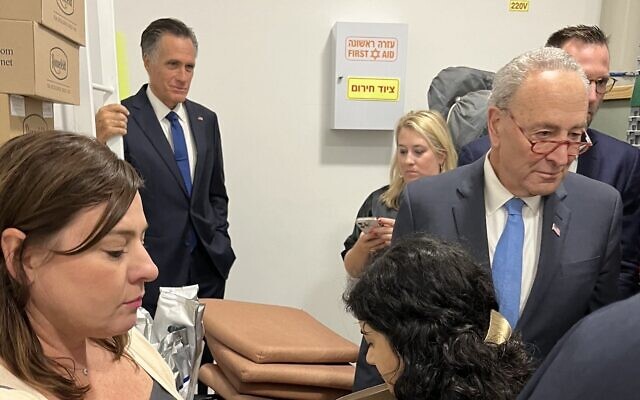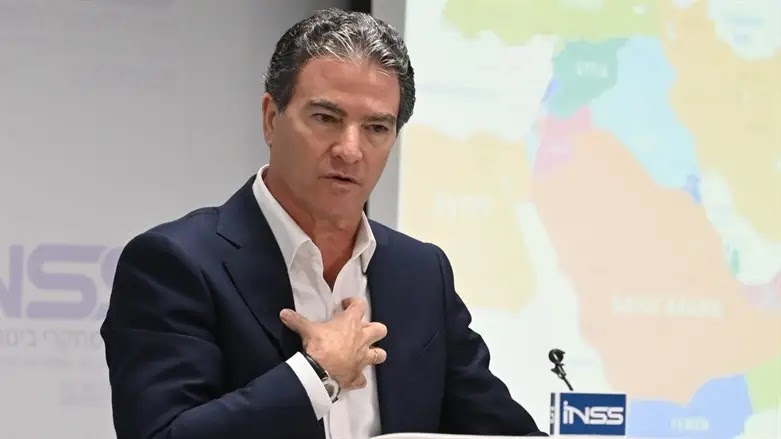A Jewish freelance reporter who has contributed stories for the BBC says he will no longer work with the news service over its refusal to label the Palestinian extremist group Hamas as “terrorists.”
Noah Abrahams, a 22-year-old sports commentator who contributed to BBC Radio Derby, blasted the BBC for its “unjustified” editorial policy of referring to Hamas as a “militant” group.
“A personal announcement from me: I will no longer work for or represent the BBC,” Abrahams posted on X, the social media platform previously known as Twitter.
“No more games this season. No more input.”
When reached for comment, the BBC disputed media reports characterizing Abrahams’ departure from the service as a resignation.
“It is incorrect to report that Noah has ‘quit’ and we have been in touch with media who have reported as such,” a BBC spokesperson told The Post, noting that Abrahams was a freelance commentator who “has done occasional work for BBC Derby.”
“He doesn’t have any future work lined up with the BBC so it’s not correct to say he has ‘quit’/ ‘resigned’,” according to the spokesperson.
Abrahams appeared on the UK’s TalkTV network to explain his decision to cut ties with the publicly funded news outlet.
“I have morals and I stick by them. I think the BBC’s refusal to use the correct terminology is unjustified,” Abrahams told TalkTV host Peter Cardwell.
“Words impact how we think, how we react, how we act. They have influence.”
Abrahams said that ditching the BBC was a “monumental career life decision” that was a result of him “hold[ing] strong values.”
“Like many in the Jewish community, I don’t see myself as exceptional,” he said.
“The fear is real among British Jews, including myself, and this has led me to a significant turning point in both my career and life.”
Abrahams singled out for criticism John Simpson, the editor of BBC World Affairs who penned an op-ed in which he explained the reasoning behind the decision to refer to Hamas members as “gunmen.”
“Terrorism is a loaded word, which people use about an outfit they disapprove of morally,” Simpson wrote, adding that it wasn’t “the BBC’s job to tell people who to support and who to condemn — who are the good guys and who are the bad guys.”
Hamas terrorists crossed the Israel-Gaza border last weekend and massacred scores of civilians who attended a music festival.
Israeli authorities also said that they found dozens of charred corpses — some of which were decapitated — in a kibbutz near the Gaza frontier.
As of Friday, the death toll from the Hamas assault exceeded 1,200 Israeli soldiers and civilians.
“[Hamas] aren’t freedom fighters or, as John Simpson refers to them, gunmen. They’re terrorists,” Abrahams said.
The BBC spokesperson who responded to The Post said that the news service “take[s] our use of language very seriously.”
“Anyone watching or listening to our coverage will hear the word ‘terrorist’ used many times — we attribute it to those who are using it, for example, the UK Government,” the BBC rep told The Post.
The news channel said it was “an approach that has been used for decades, and is in line with that of other broadcasters.”
“The BBC is an editorially independent broadcaster whose job is to explain precisely what is happening ‘on the ground’ so our audiences can make their own judgement,” the spokesperson said.










.png)

